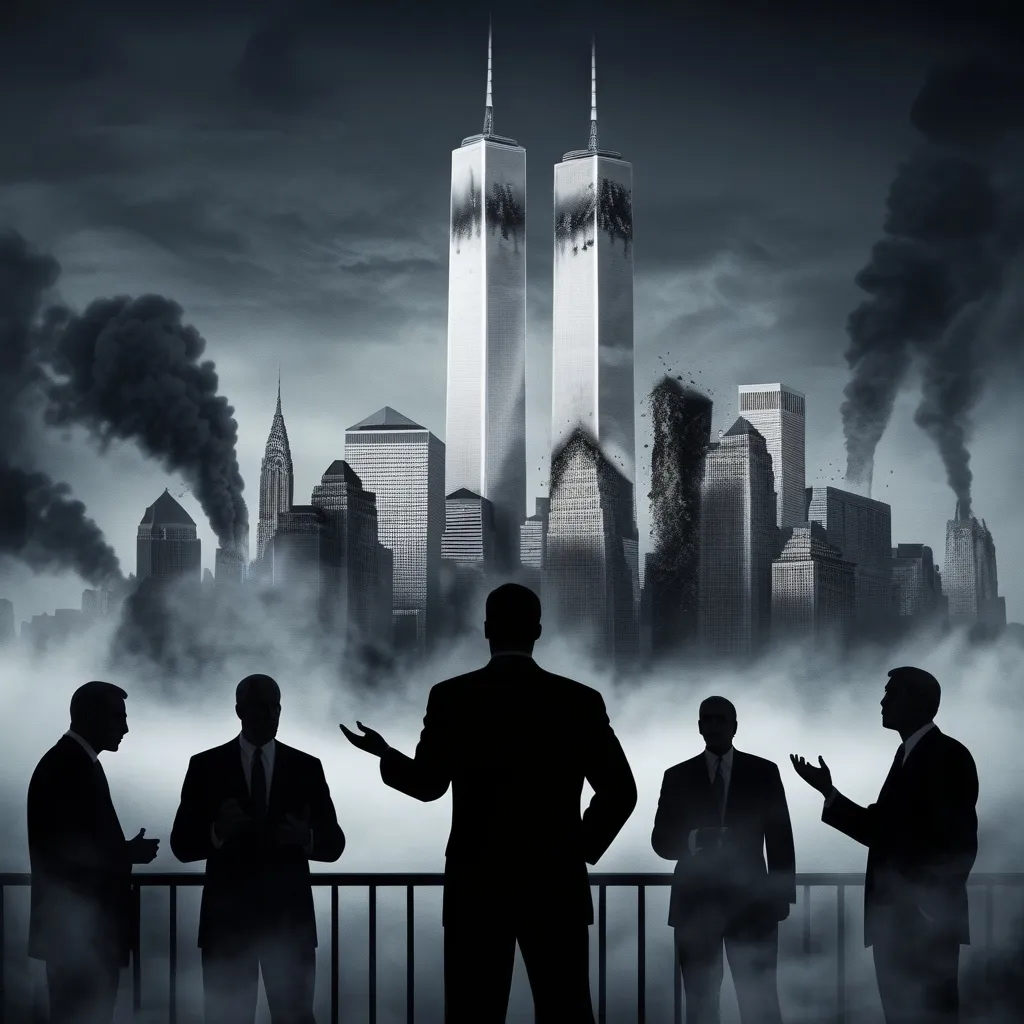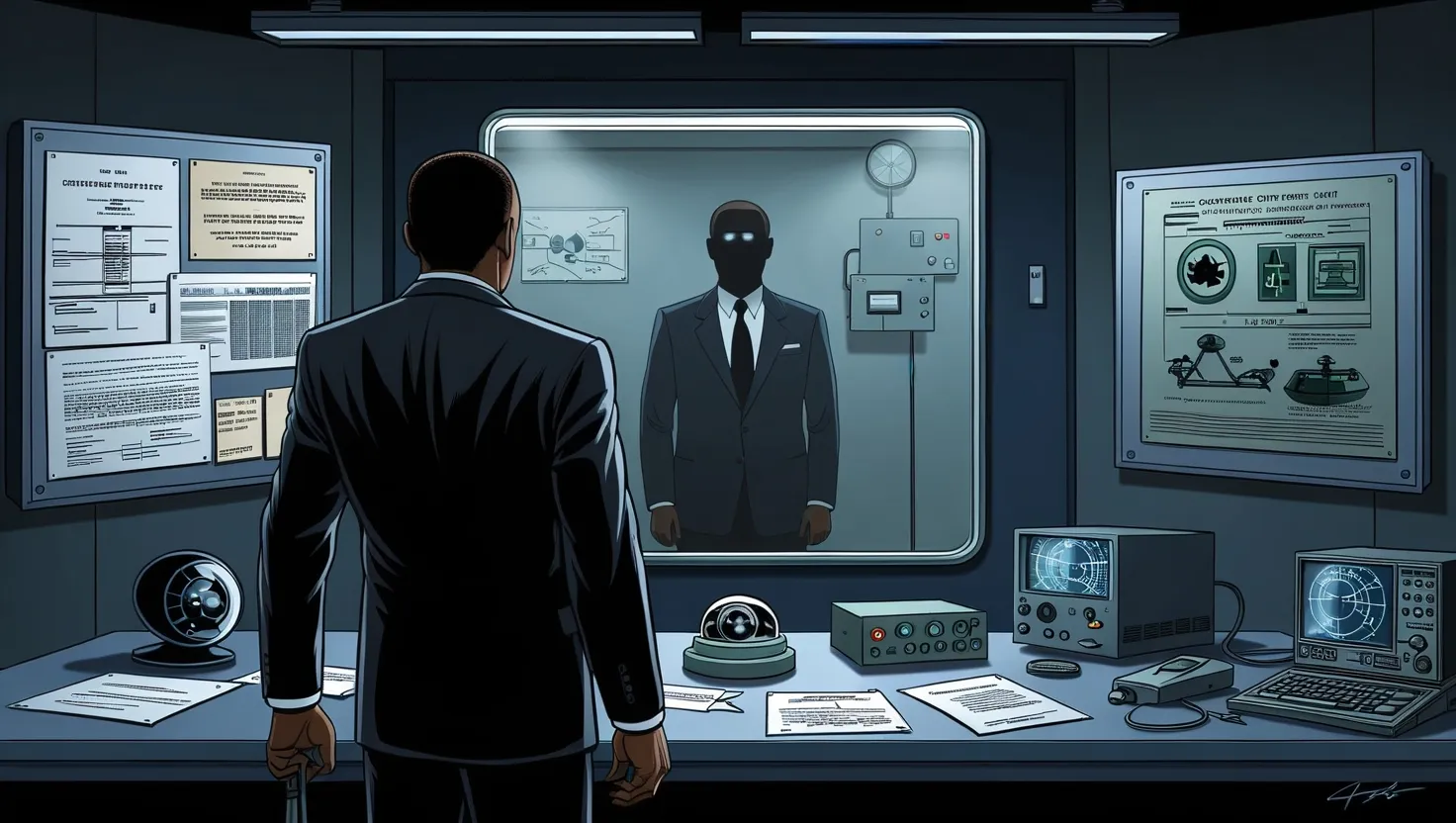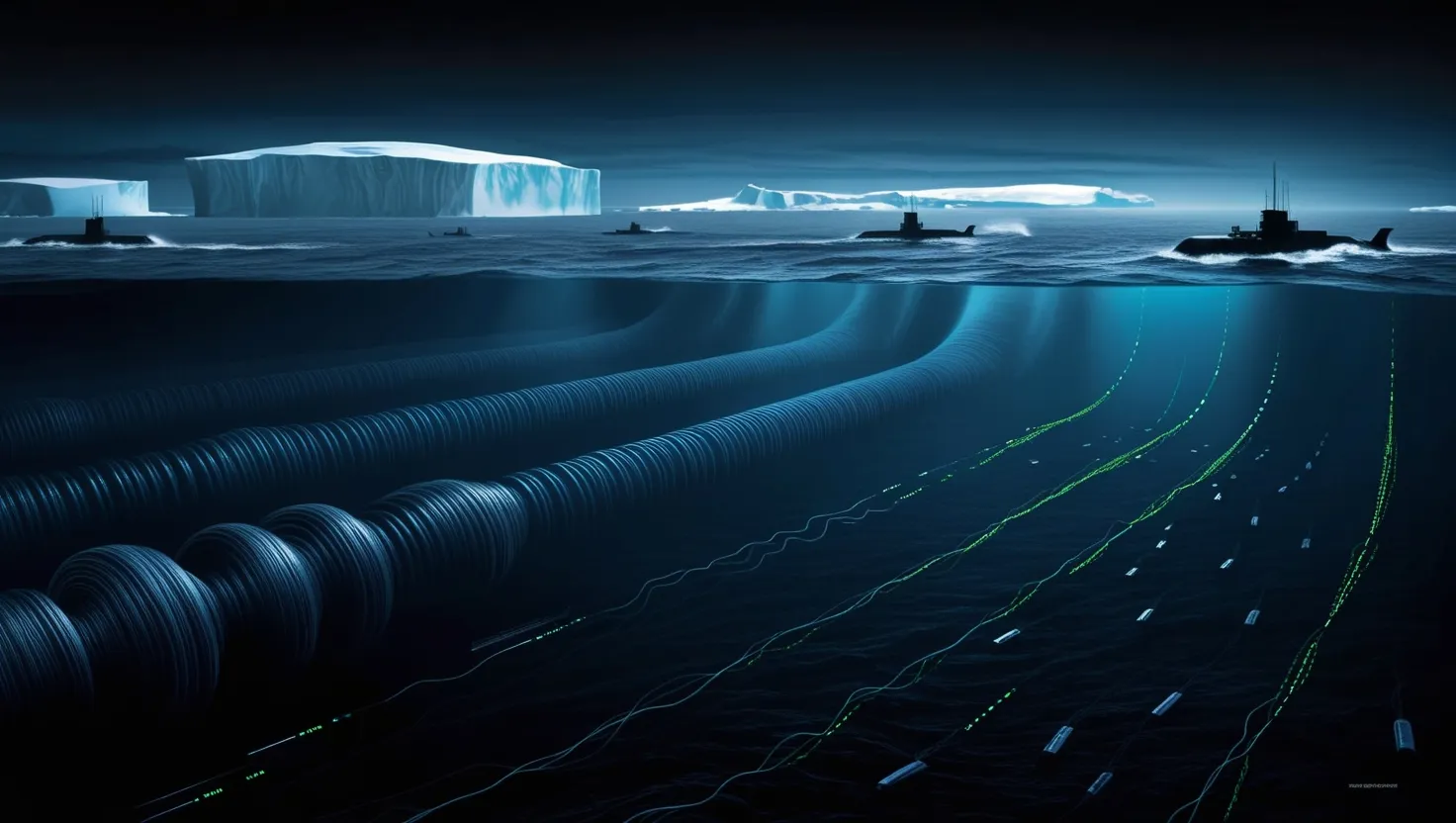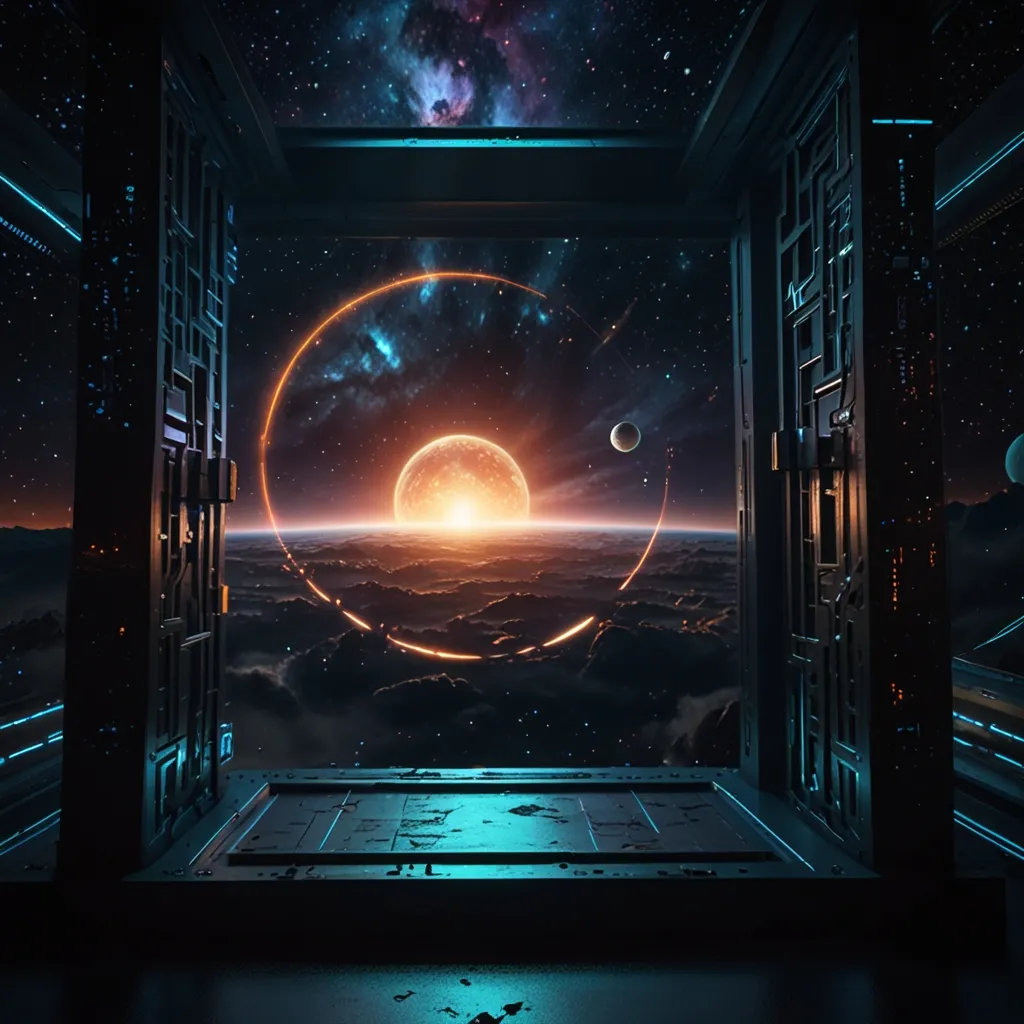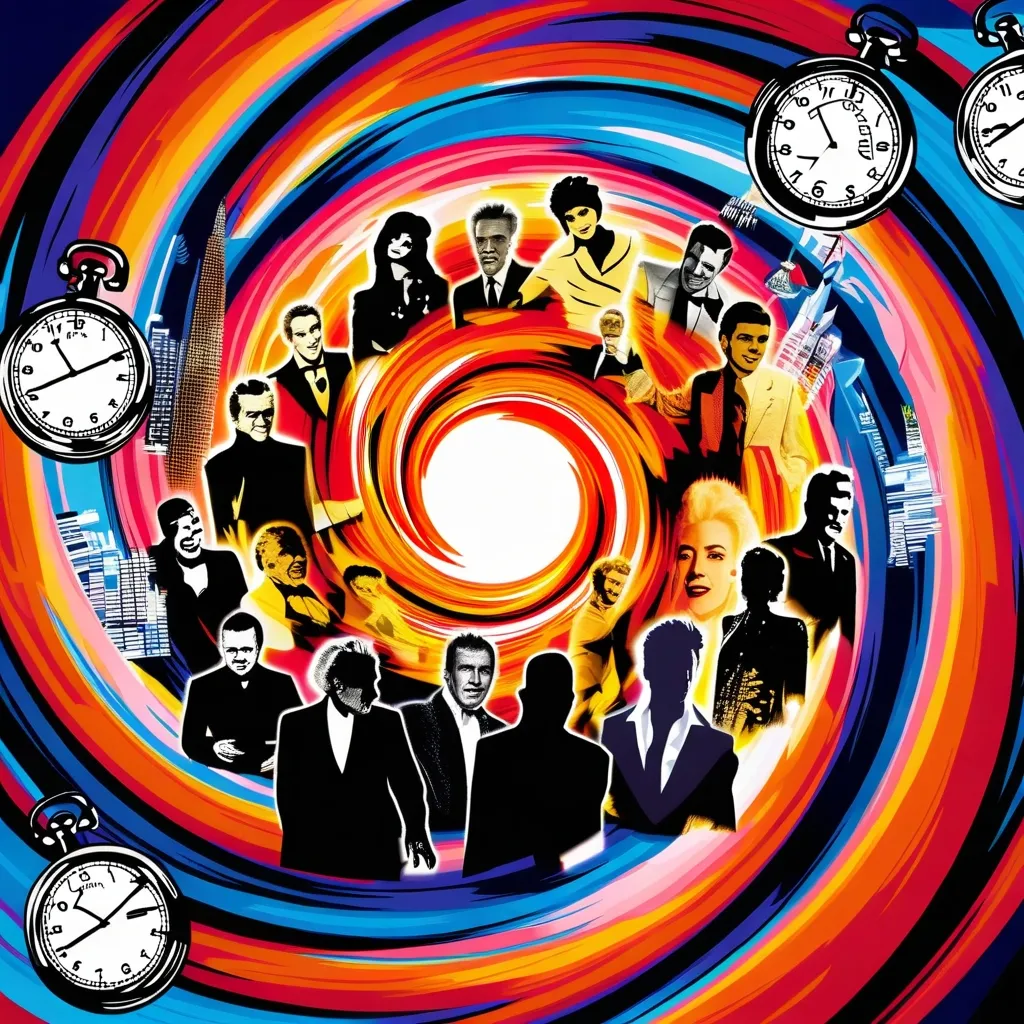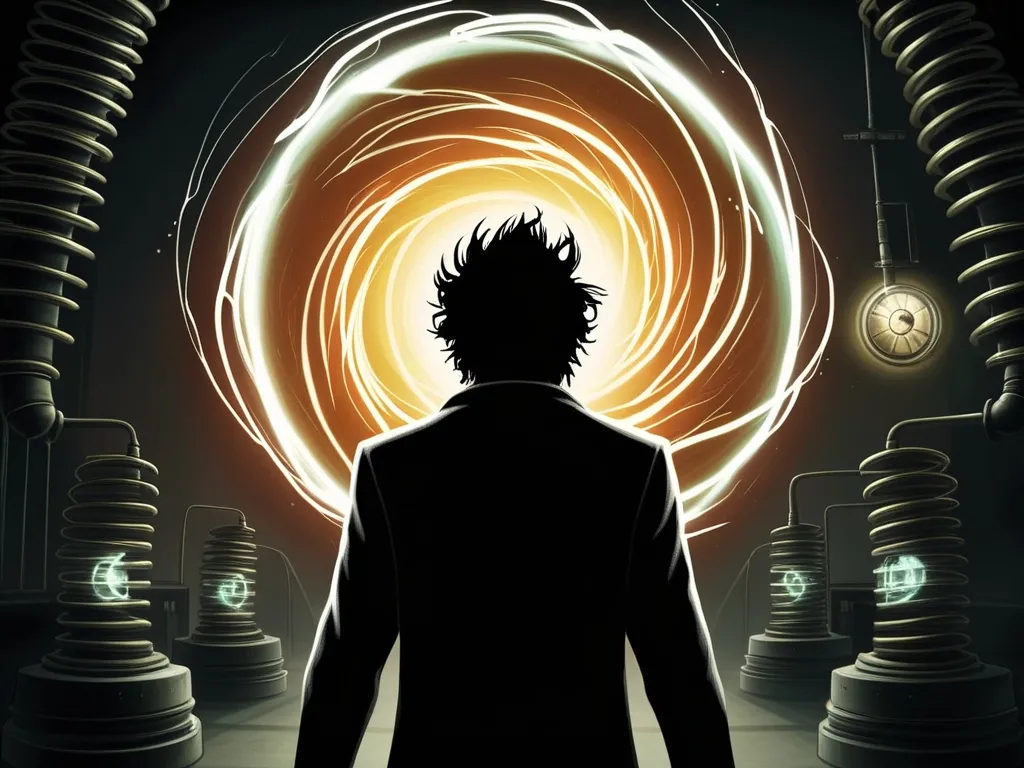The September 11 attacks on the World Trade Center in 2001 are etched deeply in our collective memory as one of the most devastating events in recent history. Nearly 3,000 lives were lost, and the ripple effects on global politics and security have been profound. While the official narrative points to external terrorist actions, conspiracy theories have proliferated, positing that these attacks might have been an inside job orchestrated by elements within the U.S. government or other powerful entities.
Conspiracy theories began swirling online mere hours after the Twin Towers collapsed. One of the earliest and most persistent questions from theorists is whether the damage caused by the plane impacts alone could have led to the complete collapse of the World Trade Center towers. Many folks believe the footage of the collapses looks eerily similar to controlled demolitions, suggesting the involvement of explosives.
Another focal point for conspiracy theorists is the fall of Building 7 (WTC7), a 47-story building roughly 100 meters from the Twin Towers. Unlike the main towers, Building 7 wasn’t hit by an airplane but still collapsed later in the day. This has caused a lot of raised eyebrows. How could a building that wasn’t directly struck crumble in such a manner? The National Institute of Standards and Technology (NIST) concluded that fires on multiple floors led a crucial support column to fail, causing a progressive collapse. However, many skeptics remain unconvinced.
Some conspiracy theorists argue that high-ranking U.S. officials must have had foreknowledge of the attacks and might have even acted to scuttle prevention efforts. They highlight anomalies like the failure of standard air defense mechanisms, the tardy response of interceptor jets, and President Bush’s decision to stick to a “photo op” even when the country was under siege. To them, these actions hint at either complicity or monumental government incompetence.
A central argument among conspiracy theorists is the belief that fires from the plane impacts couldn’t have been sufficient to cause the free-fall collapse of the World Trade Center towers. The argument goes that the buildings’ structural integrity should have withstood the damage, and the rapid, uniform collapse points to possible use of explosives or other demolition methods.
Another hot topic is how the physical evidence from the World Trade Center site was handled. Conspiracy theorists claim that crucial evidence was either removed or hidden from investigators, which they interpret as an attempt to cover up the true nature of the events. This lack of transparency only fans the flames of suspicion and mistrust.
Despite numerous official investigations and reports, a significant chunk of the public remains skeptical. A 2016 study found that over half of Americans believe the government is hiding information about the 9/11 attacks. This widespread skepticism endures, fueled by the persistence of conspiracy theories and perceived inconsistencies in the official story.
The media has played a key role in both spreading and debunking these conspiracy theories. For instance, the BBC’s early reporting of the collapse of WTC7 has been pointed to as evidence of a cover-up, even though it was later clarified that the report was based on an on-air comment about an imminent collapse. Such incidents keep the debate alive and kicking.
Several scientific investigations have aimed to debunk the conspiracy theories. Experiments by the Energetic Materials Research and Testing Center, for example, concluded that burning jet fuel alone could heat a steel support column to the point of structural failure. They also found that a controlled demolition with conventional techniques would leave unmistakable evidence, which wasn’t found at Ground Zero. Further, using thermite to melt steel columns was determined to be ineffective. Yet, when these findings were presented to prominent 9/11 conspiracy theorists, they didn’t budge from their positions.
The lingering 9/11 conspiracy theories reflect broader societal trends and a deep mistrust in government. Documentaries and public television shows have kept these theories in the public eye, fueled by a significant audience interested in alternative narratives.
The debate over 9/11 remains a hot-button issue, vibrant with disagreement. While scientific investigations and official reports offer explanations, the persistence of conspiracy theories highlights an enduring mistrust in government and institutions. As years pass, it’s uncertain whether new evidence or further investigations will put these questions to rest or if they’ll continue to simmer in public discourse.
The truth about 9/11 is undeniably complex and multifaceted. Different perspectives offer varying degrees of explanations and speculations. For many, the official story provides clarity and coherence. For others, inconsistencies and anomalies point to more sinister plots. Regardless, the impact of 9/11 on global politics, security measures, and public discussion is monumental, and the ongoing debate underscores the lasting significance of this tragic event.
